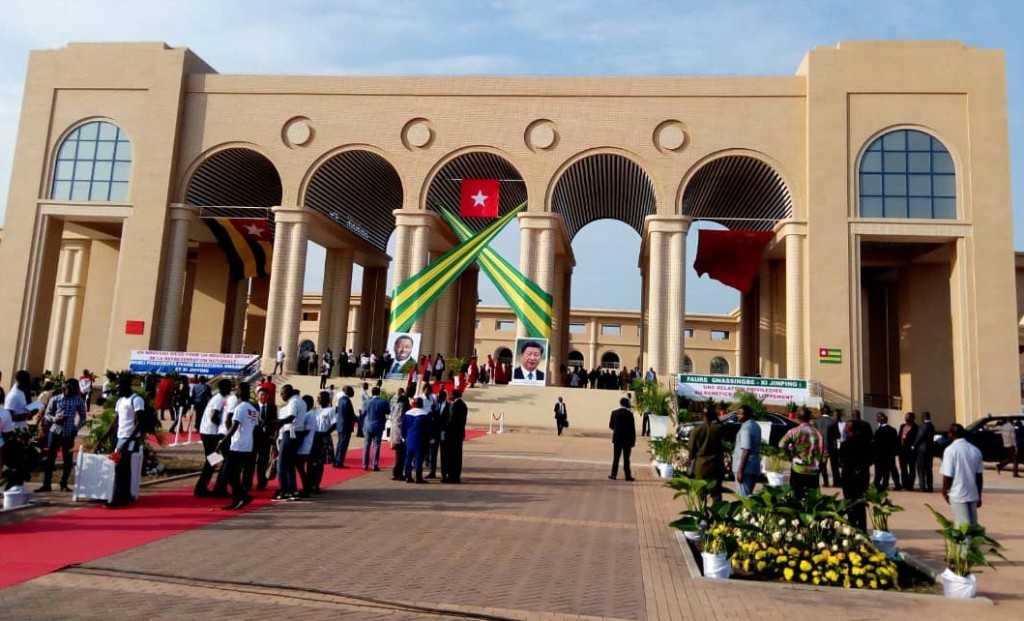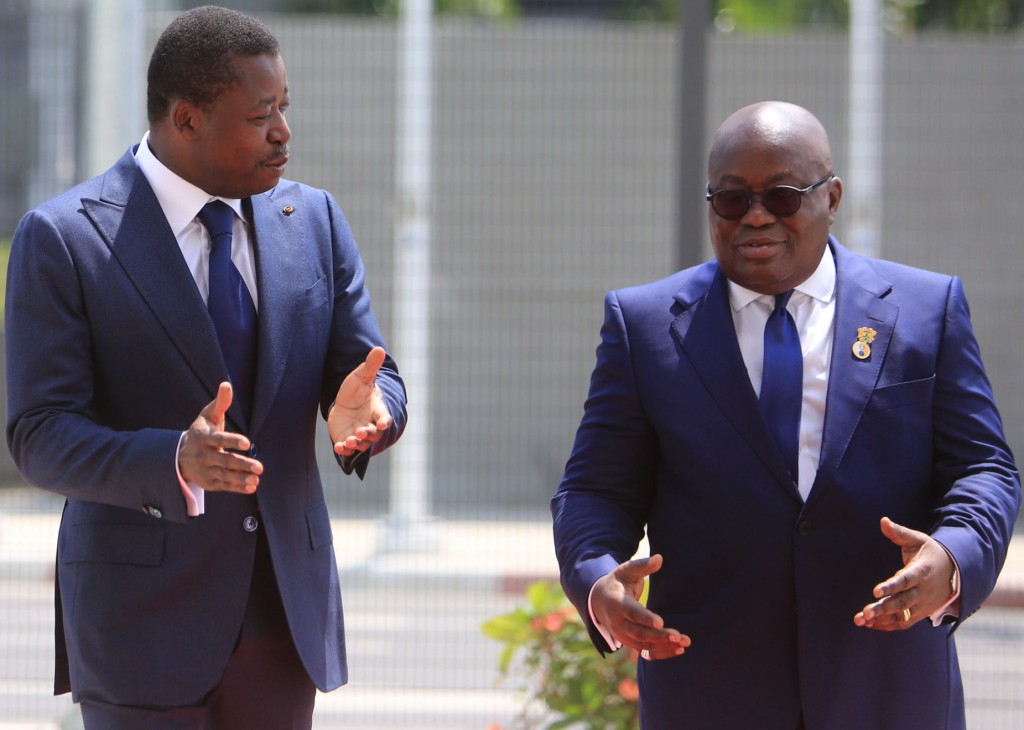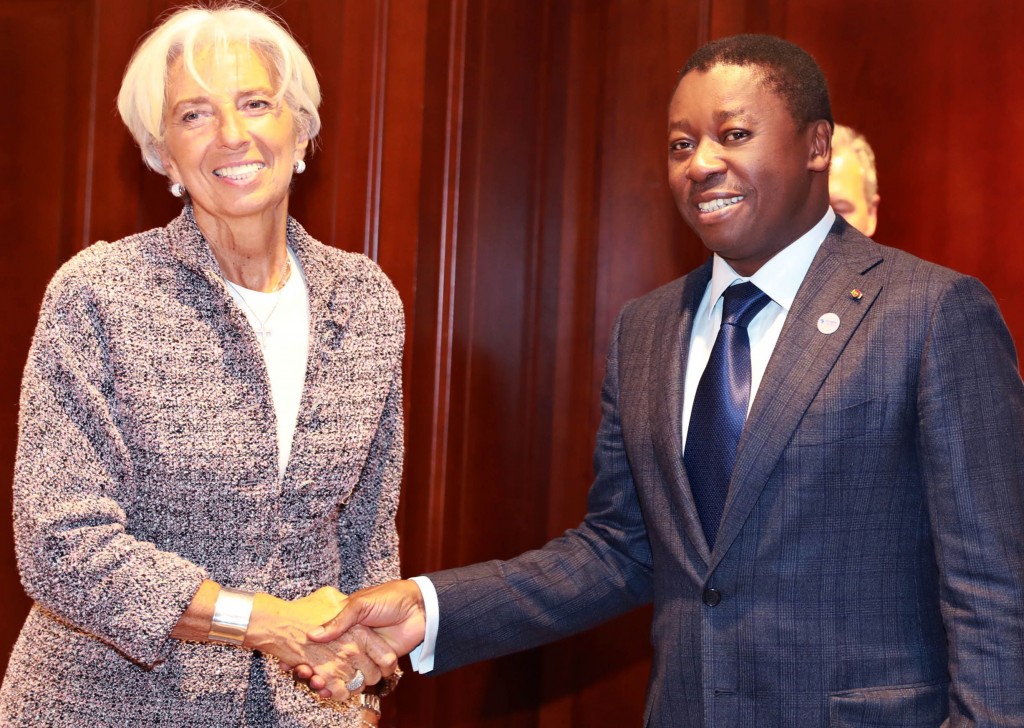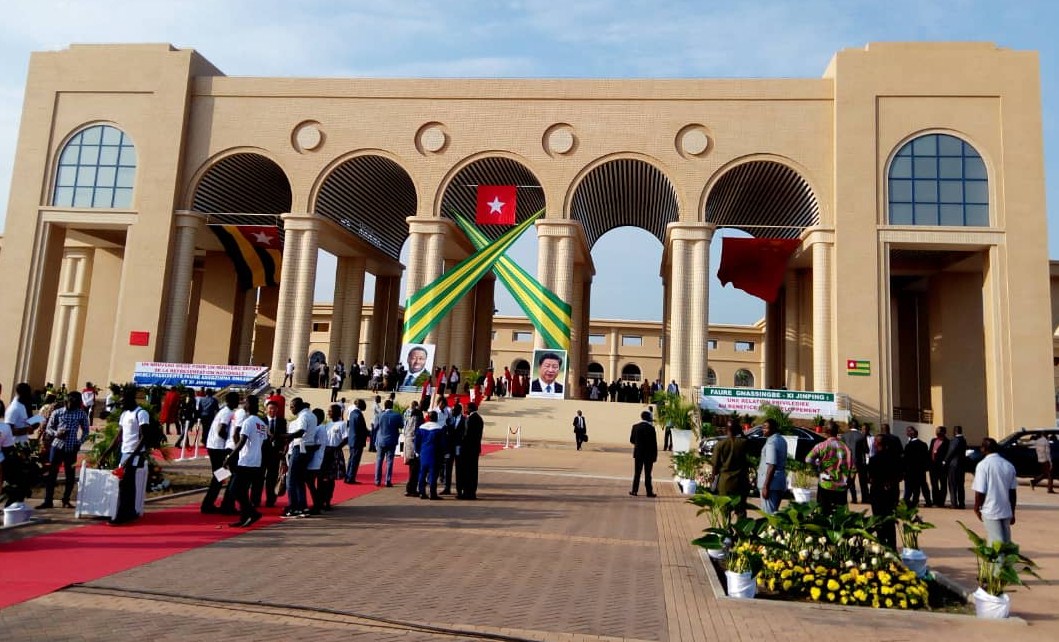Togo poised to build on the gains of last year

BY JEAN-BAPTISTE BATANA
2018 was a year full of political developments in Togo, both on the domestic and the international fronts. On the domestic front, the legislative elections held on 18 December reshaped the political arena, and important constitutional reforms took place. On the international front, an aggressive diplomacy yielded tangible dividends, raising hopes for more gains in 2019.
As 2019 started on a fast track with the new Togolese parliament elected in December 2018 taking charge, political observers view last year as a critical one that will likely impact several years to come: the legislature, though still dominated by the ruling party, Union for the Republic, has been reshaped with the arrival of new political parties and new members. Indeed, the collective of the 14 opposition parties, which comprises the National Alliance for Change, ANC, headed by the now-ex leader of the opposition Jean-Pierre Fabre, chose not to contest the legislative elections.
After staging months-long street protests, which resulted in securing a comfortable representation in the Independent National Electoral Commission, and President Faure Gnassingbé’s commitment to undertake in-depth political reforms (all thanks to mediation led by Presidents Nana Akufo-Addo and Alpha Condé, respectively from Ghana and Guinea), the 14 opposition parties chose to boycott the legislative elections. The future will tell if that was a strategic political vision or a chancy move. At any rate, they will not have a say in the political reforms—most of which will be initiated by the parliament—though their activism may have contributed to making the said reforms a political priority.
Also: Lome, the capital of Africa
UNQUESTIONABLY, WHETHER VOLUNTARY or induced, the Togolese president’s decision to undertake constitutional reforms will be the main trigger of an in-depth change of the country’s political scenery in the years to come, if the actors can implement these reforms.
Driven by a desire for appeasement and the will to find a durable solution to the political crisis, and in response to the conference of the heads of state and heads of government of the Economic Community of West African States, ECOWAS, held on 31 July 2018, the Togolese government on 9 November adopted a law to modify articles 59, 60 and 100 of the constitution. The presidential mandate, the process for electing the president, and the composition of the constitutional court are the key components of this pragmatic project tabled for a vote at the National Assembly as recommended by the ECOWAS. The major changes include a 5-year presidential term renewable only once, a departure from the old constitution that had no term limits. As for the election of the president, the new law calls for a first-past the post in two rounds. The article about the composition of the constitutional court provides for a nine-member body appointed for a six-year term renewable only once, which constitutes an innovative and courageous decision.
Also: Togo’s President Faure Gnassingbe hosts summit on security issues
Why call this a courageous decision on the part of President Faure Gnassingbé? Because the election of the president has always been the leading cause of tension during the various dialogues among the country’s political actors. To make that the subject of legislation constitutes a historical advance made possible by the president’s goodwill. The same goes with the mode of electing the president and the composition of the constitutional court. The implementation of these reforms will constitute a major step forward for the democracy in construction in this young West African state.

CONCURRENTLY WITH the political advances on the domestic level, Togo’s diplomacy in 2018 created several opportunities for the nation’s socio-economic development, with the Togolese head of state being on all the fronts: the Seventh Forum on China-Africa Cooperation held in Beijing; the G20 Compact with Africa held in Berlin; the International Solar Alliance Summit in New Deli, and the summit of the BRIC group and Africa (Brazil, Russia, India and China) that met in Johannesburg. In sum, as a result of these diplomatic forays, investors from several countries, and Bretton Woods institutions have stated their intention to support the country’s efforts toward economic development.

Togo’s diplomatic achievements in 2018 also include its re-election to the United Nations Human Rights Council and to the United Nations Economic and Social Council. As of 1 July 2018, Togo also chairs the Peace and Security Council of the African Union, and the group for the negotiations of the new ACP-UE partnership accords. To top the above, Togo’s diplomatic gains on the continental and sub-regional levels allowed it to play leadership roles in terms of security, economic, transportation, economic exchanges, good governance, and fight against corruption, not to mention the future common currency in the ECOWAS zone.
2019 is already proving to strengthen these gains.


